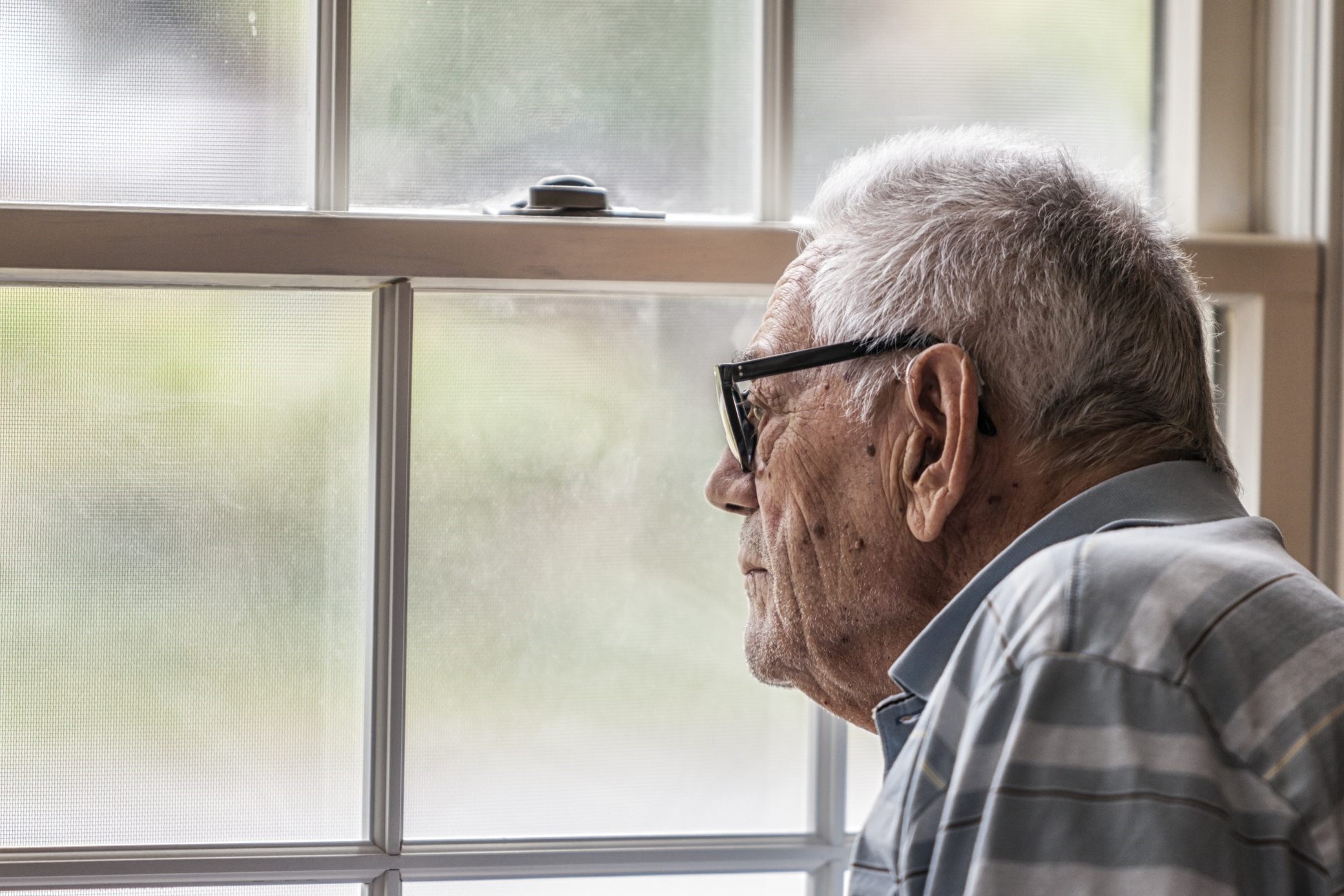
The geriatric examination: what it is for and what it consists of
Let’s talk about the geriatric examination: geriatrics, for a start, is a branch of medicine that deals with disorders and diseases related to ageing
It is a relatively recent specialisation (in Italy, the first university chair of geriatrics was established in 1962) that has found the impetus to develop and expand with the increase in the average lifespan and the increase in the number of elderly people.
Who is the geriatrician
The geriatrician is the physician who assesses and sets the treatment and management of the typical needs of the elderly person.
He/she operates
- on an outpatient basis, in support of the family doctor or other specialists;
- in hospital: in the emergency room, in acute wards or in rehabilitation;
- in residential or semi-residential facilities: RSA, rehabilitation, day care centres.
Moreover, the figure of the geriatrician also gains importance for certification purposes: disability, exemptions, ability to perform tasks or acts.
It is therefore an important function, in great development, with an operativeness in different spheres of the social health system.
What problems the geriatrician deals with
The problems that the geriatrician typically deals with concern
- deterioration of autonomy
- walking disorders and falls;
- cognitive impairment and behavioural changes;
- loss of strength;
- disorders of the psychological sphere, such as depression and anxiety.
An issue that the geriatrician often has to deal with is that of multimorbidity, i.e. the presence of multiple pathologies that intersect and contribute to the worsening of autonomy and quality of life, and polypharmacy, i.e. the use of many drugs with possible interference and side effects.
For whom a geriatric examination is indicated
Geriatric examinations are indicated for elderly persons aged 75 and over, in whom motor, cognitive or behavioural problems emerge, or in whom the multiplicity of pathologies makes unitary management of these necessary.
Often the geriatrician is called upon to provide support to other specialists in the management of acute problems in very elderly and frail persons, e.g. in cardiology and cardiac surgery, orthopaedics and oncology.
The geriatrician also intervenes in adults, when it is important to provide lifestyle advice or control of pathological conditions to prevent the complications of ageing.
How the geriatric examination takes place
The geriatric examination is characterised by a multidimensional approach.
It is an assessment that defines the extent to which physical, psychic and mental conditions impact on the person’s autonomy, ranging from:
- typically medical issues (diseases, therapies);
- psychological and cognitive aspects;
- social and relational dimensions;
- functional assessment.
The visit uses assessment tools (scales and questionnaires) alongside instrumental and laboratory investigations.
Often these are multidisciplinary assessments in which, in addition to the geriatrician, the following operate:
- nurse;
- psychologist;
- social worker;
- physiotherapist.
Typically, the result of a geriatric assessment leads to a review of therapy and the definition of lifestyles and interventions to optimise function and reduce the risk of disability.
The importance of the geriatric examination: prevention for frail individuals
A typical condition of the geriatric assessment is that of frailty, a situation that makes the elderly individual more susceptible to manifest worsening health status, as a consequence of physical events (illness or trauma) or psychic and social events.
The frail is the individual who, while still autonomous, is at risk of losing his or her autonomy as a result of even minor events.
In these cases, the implementation of preventive measures is of great importance.
Read Also:
Emergency Live Even More…Live: Download The New Free App Of Your Newspaper For IOS And Android
Brain Diseases: Types Of Secondary Dementia
When Is A Patient Discharged From Hospital? The Brass Index And Scale
Obstructive Sleep Apnoea: What It Is And How To Treat It
Respiratory Assessment In Elderly Patients: Factors To Avoid Respiratory Emergencies
What Are The Initial Symptoms Of Dementia?
Delirium And Dementia: What Are The Differences?
Neurology, Link Between Traumatic Brain Injury (TBI) And Dementia Examined
Pollution Increases The Risk Of Dementia: A 24-Year-Old Researcher’s Unimore Study


